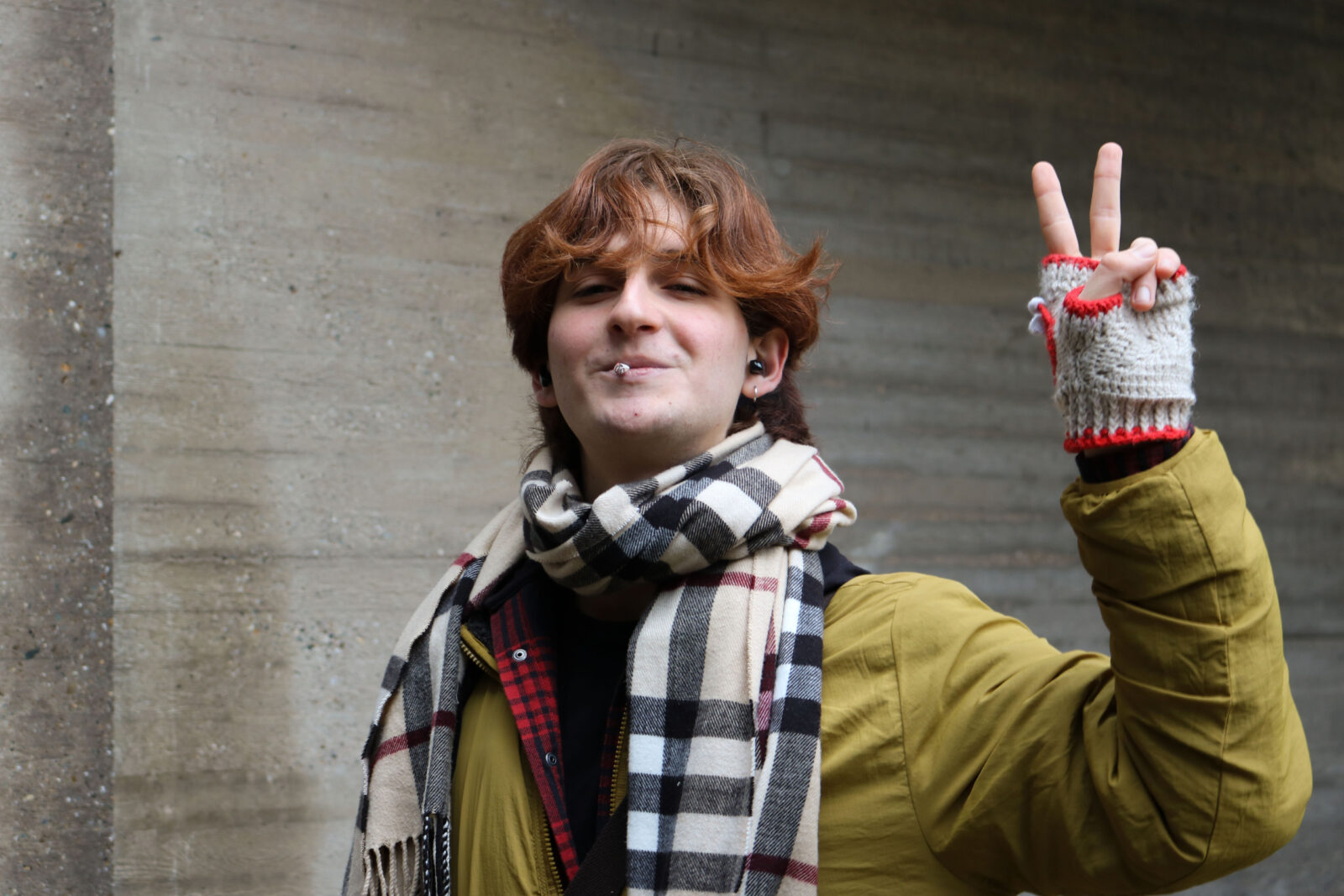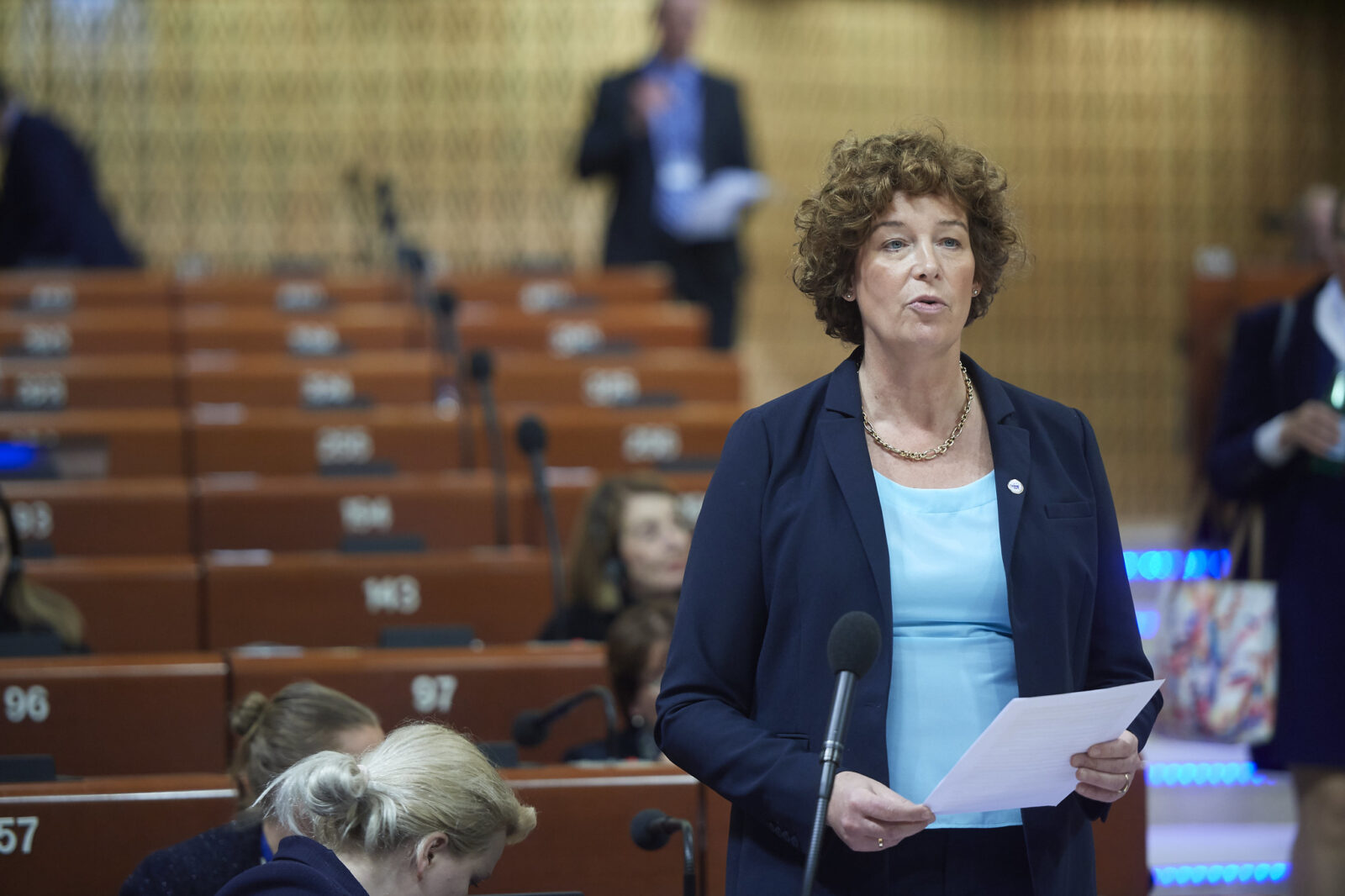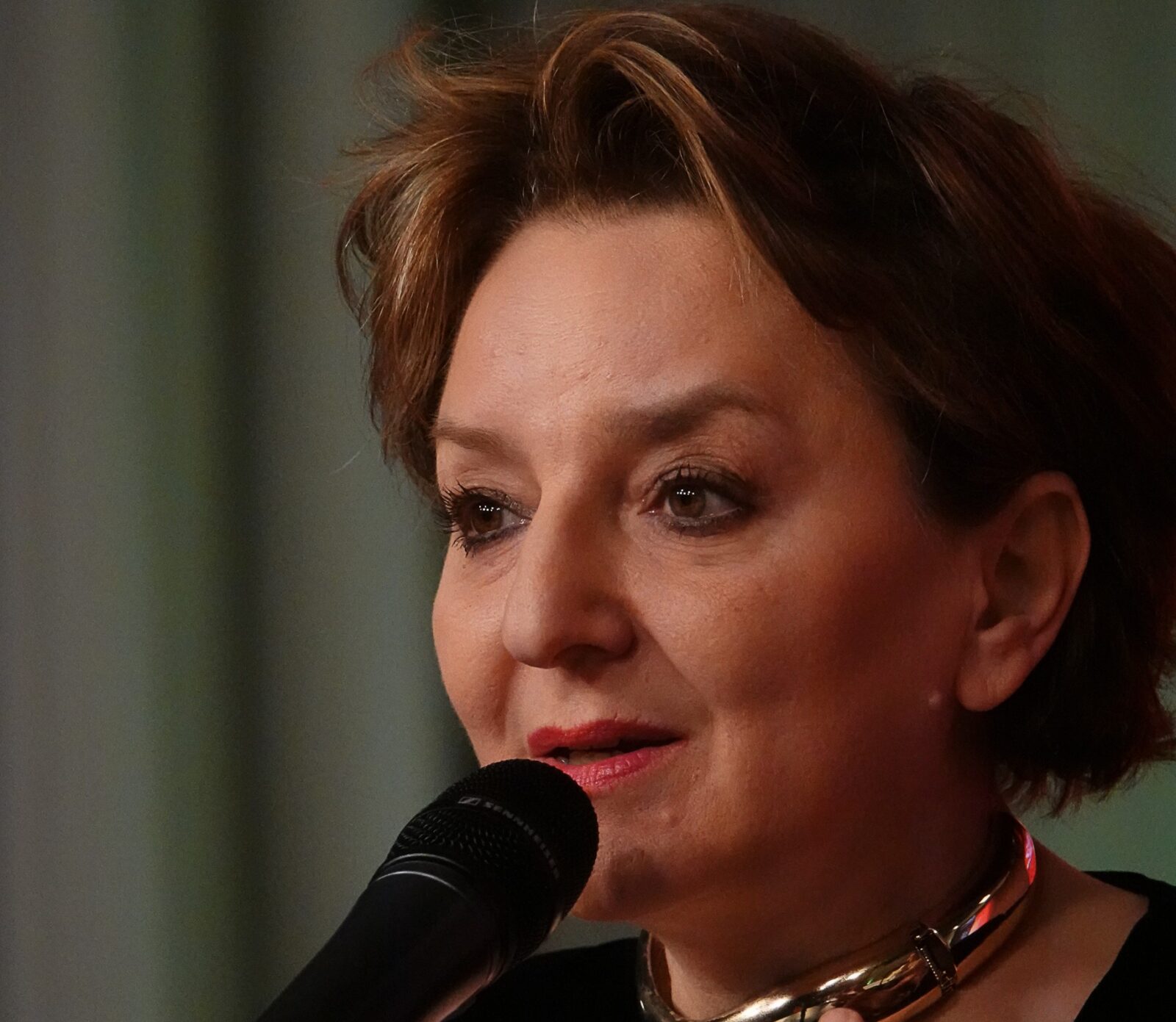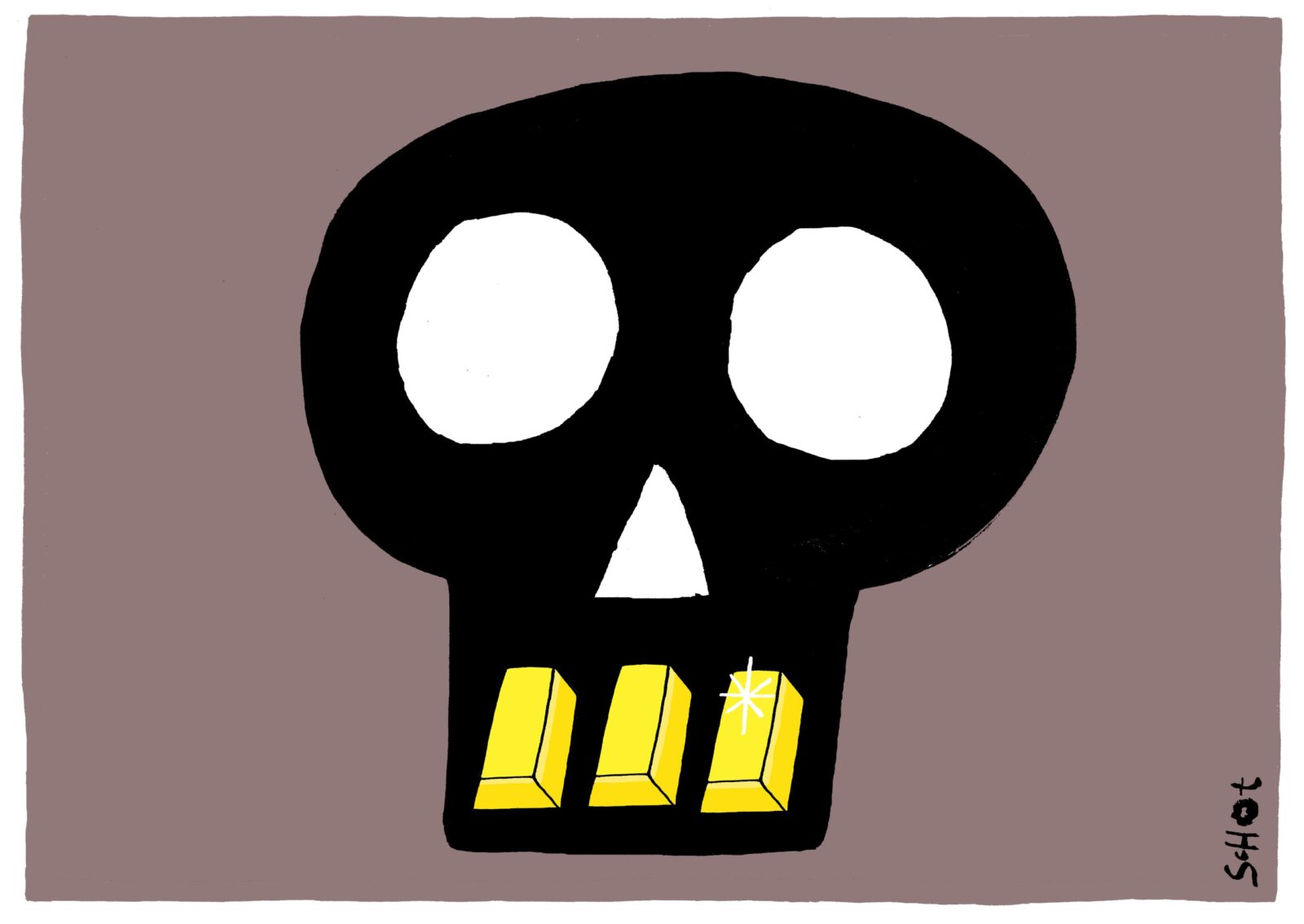Dutch antibody internationally recognised: ‘Fantastic, but the goal is still to help people’
After waiting two months, research from scientists at Erasmus MC and Utrecht University who identified a potential antibody against COVID-19 was peer-reviewed, approved and published in Nature Communications. This is one of the academic journals produced by the internationally renowned Nature Group. “We are over the moon,” says lead researcher Berend-Jan Bosch from the Department of Virology (Faculty of Veterinary Medicine) at Utrecht University here in The Netherlands.
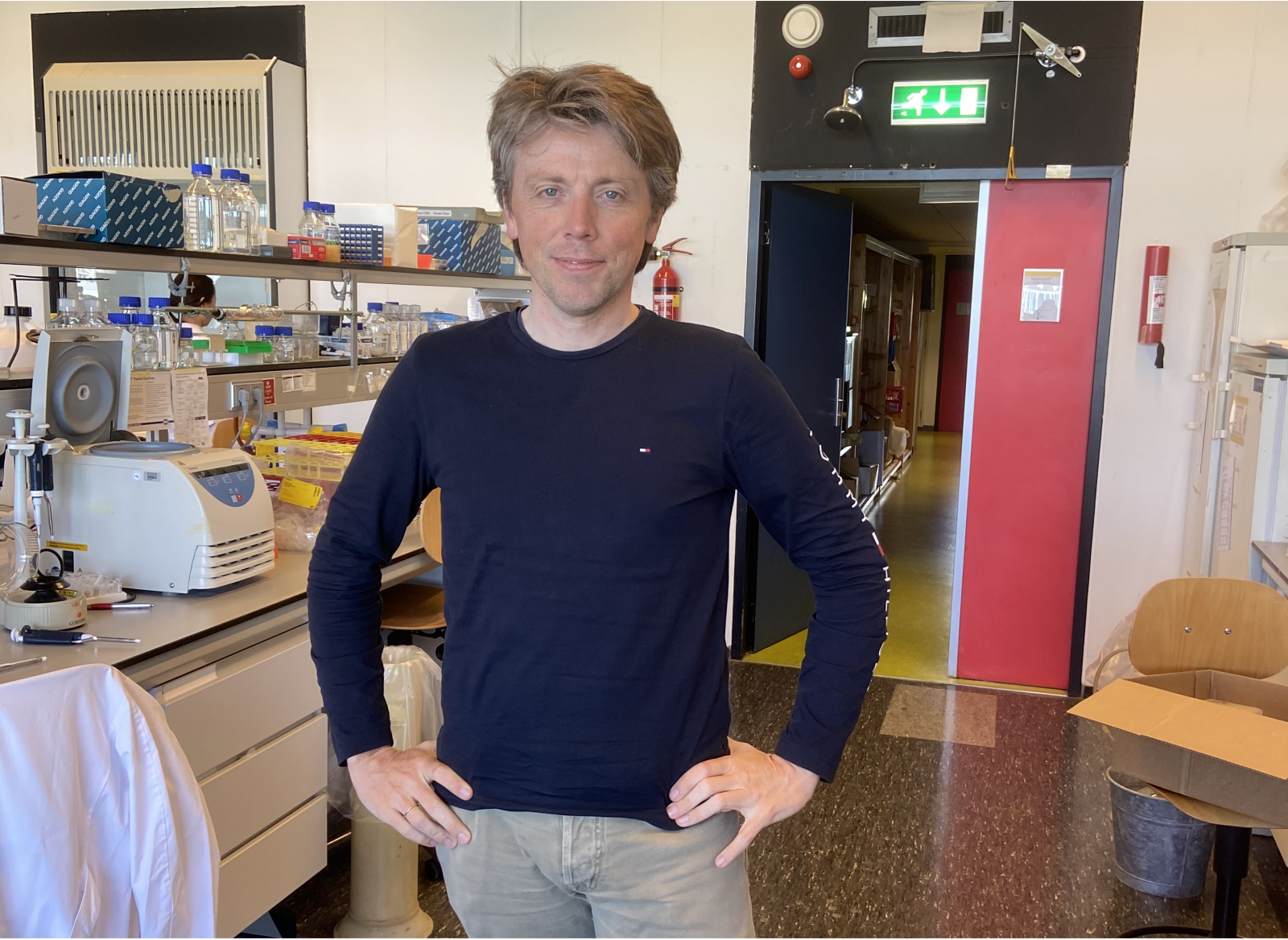
In mid-March the Rotterdam researcher and Spinoza Prize winner Frank Grosveld spoke to Erasmus Magazine about the research in response to the prepublication on the BiorXiv website. The team made up of Bosch and Grosveld used a collection of antibodies that they had created earlier to treat other coronaviruses, including the SARS coronavirus. These were still being held in the freezer unit in Utrecht. One of these appeared to be effective against the virus that is currently circulating.
The world has been in the throes of COVID-19 for a while now. How does that affect you as researchers?
“It’s intense. We are working 24/7 on research aimed at combating the coronavirus. At first, we thought it would be a sprint, but eventually I realised that we’re both running a marathon at the speed of a sprint. It’s pretty exhausting, but that’s insignificant really. Above all, it feels incredibly rewarding to do research on a virus that’s wreaking havoc on the world.”
“It’s precisely corona virologists like us that are in great demand at the moment, because only a few virologists have dedicated themselves to this disease. Coronaviruses have never been a major medical problem in the past. Now that they are, I’m getting thousands of e-mails from all over the world. Scientists, research institutes, companies, they all want to source knowledge from us because we have been doing research into the various coronaviruses for many years.”
“The prepublication has been read 300,000 times. That’s unprecedented”
Is the present publication in Nature Communications a new milestone for you?
“Now that it has been deemed good enough for publication by our fellow professionals – and high standards are integral to that – the research has gained added value. It took a bit of effort, but eventually we succeeded. And that’s fantastic; we’re very happy about that. But the ultimate goal is still to help people, that’s when you actually contribute something of value.”
Our scoop on your research hopefully didn’t spoil anything, did it?
“I was surprised by it. I woke up on Saturday morning and suddenly saw our own research splashed across all kinds of news sites. That sparked quite a storm of phone calls and e-mails that I wasn’t prepared for. But in the end, it did a lot of good for the most part. You seldom get that much attention. The fact that you also publish in English means that this information is spread more widely. The summary of the prepublication of our article has been read about 300,000 times – that’s unprecedented.”
What is the current state of affairs as far as a drug or a test is concerned?
“The publication is an initial reassuring step towards a possible therapy. The antibody will help in the fight against the virus as the right type of antibody is able to block an infection. But in order to do this, we first need to get a pharmacist on board so that we can validate the safety and efficacy of the antibody in humans and scale up its production. Discussions about this are ongoing. Yet before it’s all finalised and on the market, it will be at least a couple of months or even possibly another year down the line.”
“You don’t want people to get false negatives and then hit the streets”
“The beauty of the discovery is that the antibody can have a preventative effect on the one hand. Administration of the antibody prevents disease in these cases. On the other hand, it can work as a medicine if someone has been diagnosed with the virus. Plus, it can be used for a diagnostic test at home (comparable to a pregnancy test in terms of convenience, ed.). But that will also take time to figure out. A home test, for instance, needs to be extremely reliable. You don’t want people to get false negatives and then hit the streets when they are in actual fact carrying the virus.”
Is this the first active antibody?
“Yes. That’s because, as Grosveld pointed out before, we already had it in the freezer due to coronavirus research that we did earlier. In the meantime, there are also prepublications available from others about antibodies that prevent the infection of this coronavirus. But we had the first prepublication and are now the first to have officially published a paper on this type of antibody. The remarkable thing about this antibody is that it reacts to a part of the virus that doesn’t mutate quickly; it’s linked to the former SARS coronavirus and to the current one. This increases the likelihood that it could also work against any future related coronaviruses – some of which are already circulating in animals.”
Lees meer
-
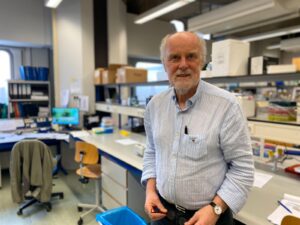
Unique discovery in Erasmus MC: antibody against corona
Gepubliceerd op:-
Campus
-
De redactie
Latest news
-

University calls on people to remind smokers, security guards don’t send smokers off campus
Gepubliceerd op:-
Campus
-
-

What do the new European housing plans mean for students?
Gepubliceerd op:-
Campus
-
-

Makeover for Erasmus Magazine: new and more accessible website is live
Gepubliceerd op:-
Campus
-
Comments
Comments are closed.
Read more in science
-

Rector Ghent University withdraws from UvA honorary doctorate after AI speech
Gepubliceerd op:-
Science
-
-

Ministry and French embassy call Executive Board over cancellation of Eva Illouz
Gepubliceerd op:-
Science
-
-

A self-funded war: how Sudan got trapped in a fatal deadlock
Gepubliceerd op:-
The Issue
-


